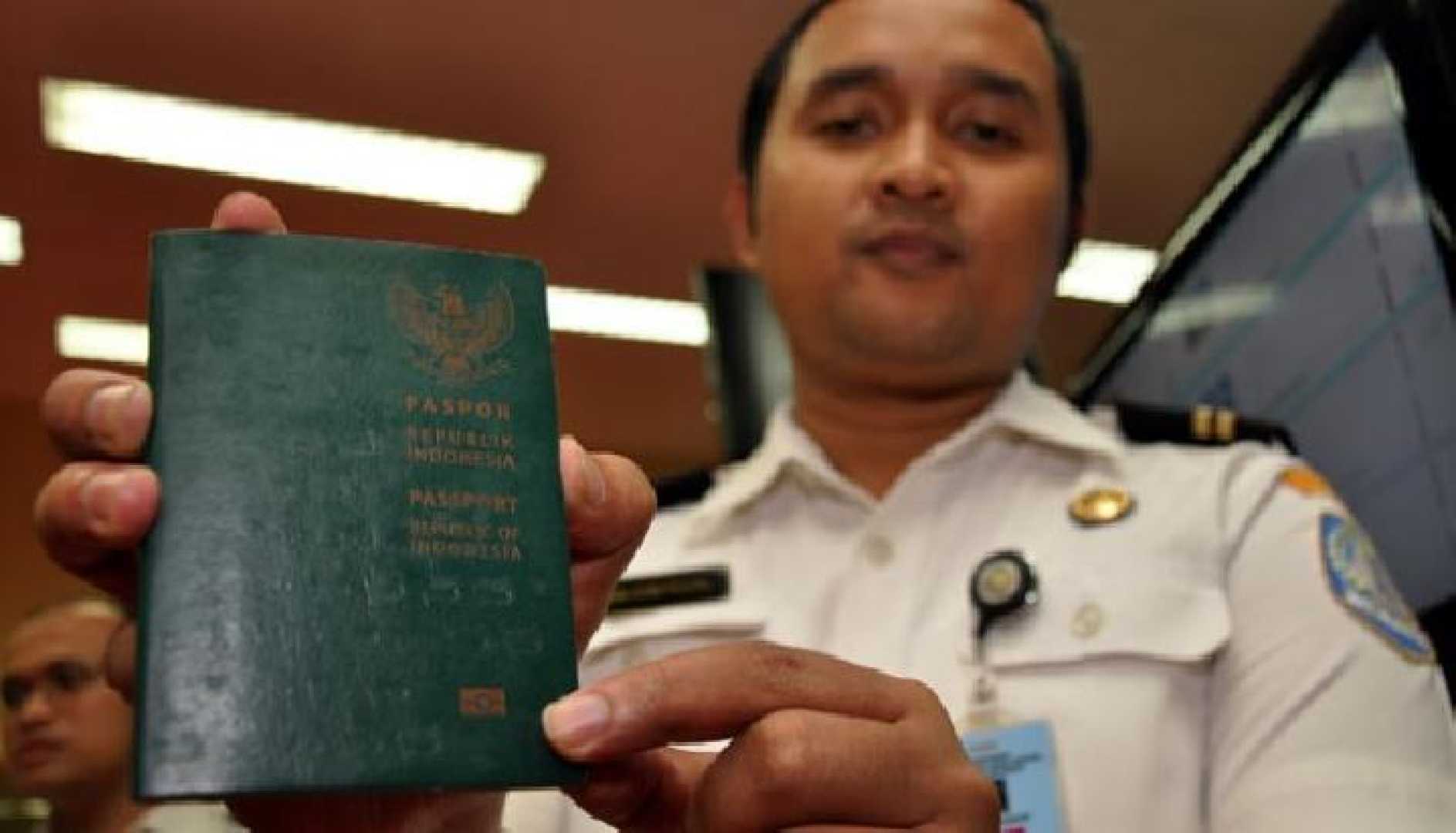News
Data Breach in Indonesia’s E-Visa System Exposes Australians’ Passport Information

A significant data breach in Indonesia‘s electronic visa system has led to the unintentional exposure of sensitive information belonging to Australian travelers heading to Bali. The glitch has allowed at least three Australians to view detailed personal information of other travelers, raising concerns about privacy and data security.
The breach, which involves the exposure of full names, dates of birth, passport numbers, and photographs, was confirmed by Indonesia’s Immigration Department in Jakarta, which is currently working to rectify the problem. This issue has been ongoing, according to reports from travelers and officials.
Melbourne resident Lauren Levin recounted her experience to the Australian Broadcasting Corporation (ABC), stating, “I could see the visa data of two other Australians, and presumably, they could see my private data too.” She suggested that the problem might be linked to identical document numbers being assigned to multiple travelers.
Additional instances have been reported, including an Australian seeing the details of travelers from China and India on their respective visa documents. An immigration supervisor at Bali Airport acknowledged to Levin that the problem has been widespread, stating that “everyone was impacted, not just me.”
The potential for identity theft has sparked concern among affected travelers, leading to complaints being lodged with the Australian embassy in Jakarta. The embassy has been notified of the issue and has engaged in discussions with Indonesia’s immigration authorities.
Despite the gravity of the situation, the Smartraveller travel advisory for Indonesia remains unchanged. However, given that more than 1 million Australians visit Indonesia each year, the scope of affected individuals remains uncertain.
Amid these developments, the breach has brought renewed attention to broader data security challenges facing Indonesia. Recent data breaches, including the sale of taxpayer information on the dark web and a ransomware attack affecting government institutions, underscore the country’s ongoing challenges in managing data security.
Cybersecurity expert Alfons Tanujaya, from Prasetiya Mulya University in Jakarta, suggests that the current situation reflects a broader pattern of repeated leaks in Indonesia. He advises that immediate steps should be taken to halt the system’s usage until the glitches are rectified, emphasizing the need for improved professionalism in handling such security lapses.












